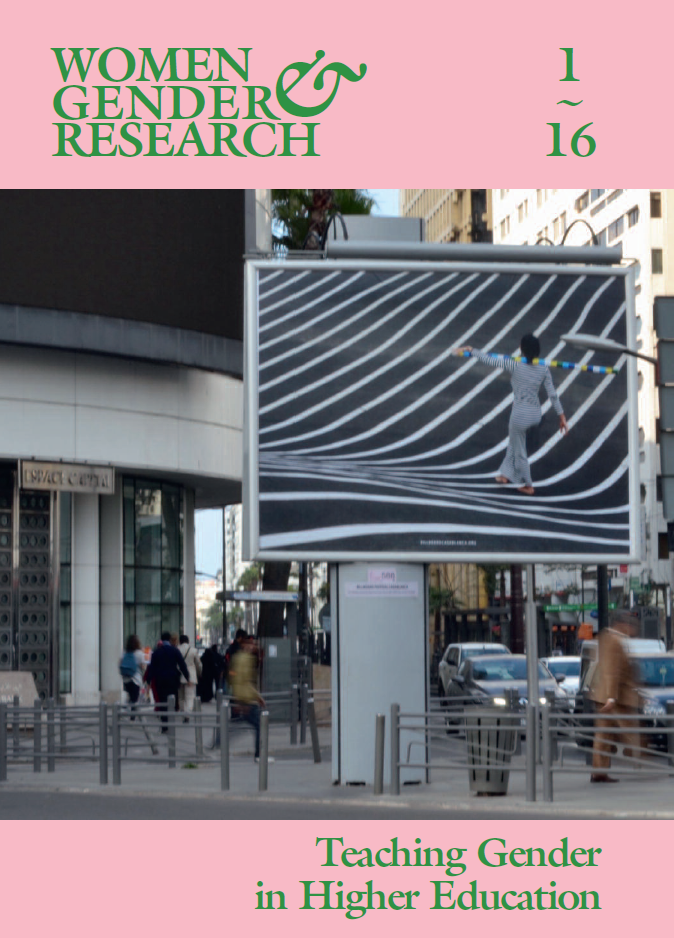Teaching gender within International Relations: Experiences from a Brazilian University Classroom
DOI:
https://doi.org/10.7146/kkf.v25i1.97066Resumé
In this article I propose to reflect upon my classroom experiences and didactical practices teaching gender and international relations (IR) at the University of Brasília. The empirical examples will be drawn from two undergraduate courses: theory of international relations and international relations of the Middle East. The main issue that I am addressing in this article is the students’
resistance to the study of gender within IR. Part of the problem rests within the structure of the mainstream discipline as the latter tends to over focus on the systemic level of analysis, a theoretical abstraction that renders women (and people in general) invisible. Given that IR students typically become our future diplomats and civil servants, training in foreign policy must not be allowed to rest on depersonalised state relations, which will at best deliver unidirectional and simplistic views of the world. To that end, I propose a set of topics, literature and pedagogical practices of how to mainstream gender into a general IR discipline. The main points underlying this proposal are to emotionally engage students by carefully selecting which IR topics to study and to decrease the level of abstraction by utilizing real-life up-to-date case studies and examples.
Downloads
Publiceret
Citation/Eksport
Nummer
Sektion
Licens
Udgivelser i Kvinder, Køn og Forskning er beskyttet under Creative Commons License: CC Attribution-NonCommercial 4.0

